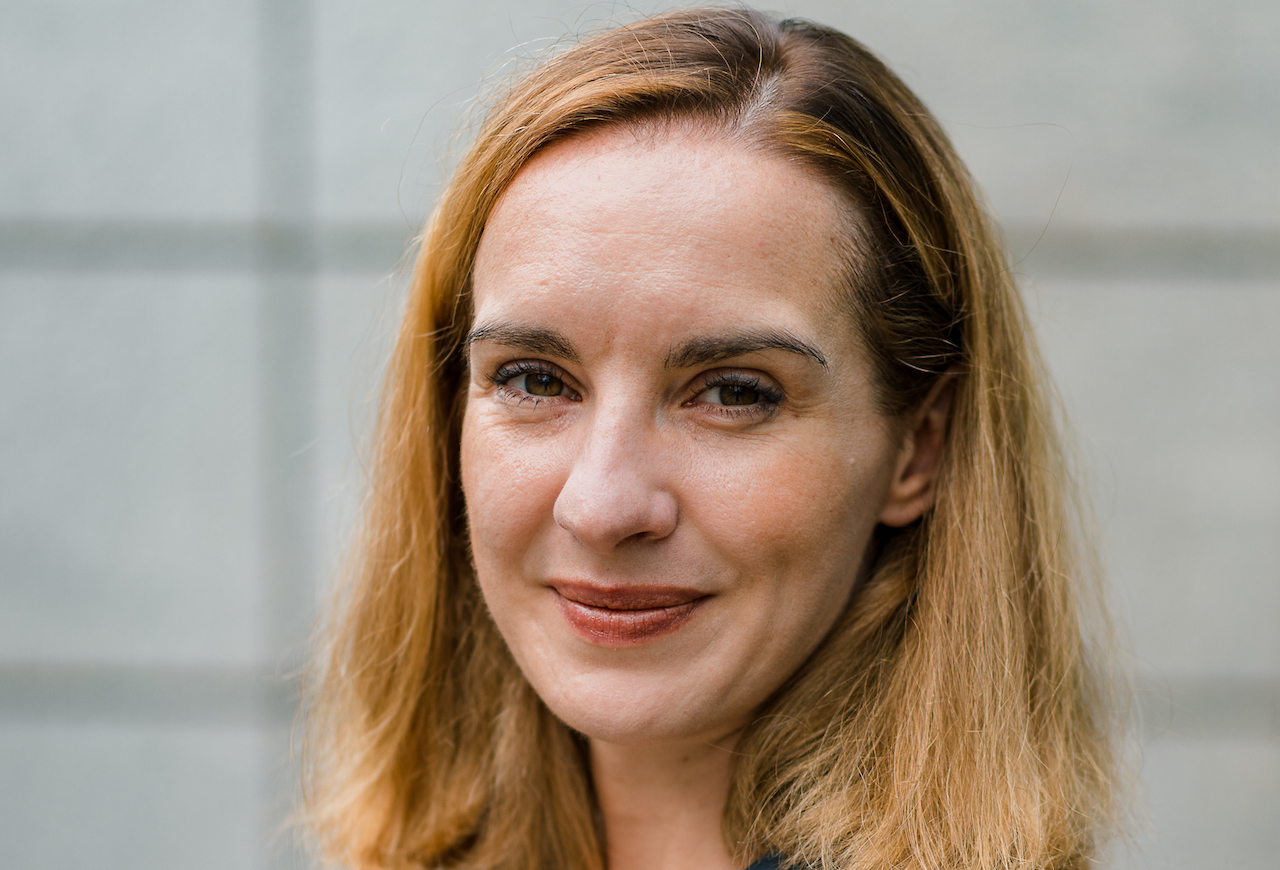In a letter to the UK government, LCP and Pensions for Purpose say pension funds need to increase sustainable investment, and that intergenerational inequality among pension contributors needs to be addressed.

UK-based Pensions for Purpose and financial analytics and consultancy firm LCP have called for investment in social and environmental sustainability and intergenerational inequality to play a more central role in planned UK pension reforms.
In an open letter to the UK pensions minister, Laura Trott, the organisations said they were supportive of moves to review the structure of the UK pensions industry, and outlined ways in which it could be improved to encourage pension schemes to invest in areas that promote sustainability goals.
However, a more joined up approach to systemic risk was required within the pensions industry, rather than the prevailing fragmented approach, according to Charlotte O’Leary, chief executive officer of Pensions for Purpose.
“What LCP and we have recognised is that unless you integrate sustainability, a long-term view and intergenerational fairness into pension reforms, you actually aren’t identifying and dealing with the greatest systemic risks and issues,” she told Impact Investor.

The letter is a response to pension industry reform proposals set out by the government earlier this year, in particular those aiming to stimulate growth in UK defined benefit (DB) pension schemes, which LCP and Pensions for Purpose say should do more to encourage investment with greater environmental and social impact.
The letter calls for the removal of structural barriers to allow the pensions industry to realise its potential as a major source of financing to help tackle climate change and its effects. The organisations said pension funds should be encouraged to invest in equity and private markets, where most opportunities to make impactful sustainable investment arise, and that they should do so for the long-term. At present, they tend to de-risk their assets by investing in gilts and low-risk corporate bonds, which provide limited opportunities for sustainable investment. This is often done in preparation for passing the pension scheme on to an insurer, which may have different net zero goals from the pension scheme.
More integrated approach
O’Leary said sustainability needs to be fully integrated into decision-making, echoing remarks made by others in the pensions industry.
“Government-issued green bonds have their place in terms of sustainable investing. but you need sustainable impact built in at the initial stage when you’re making your strategic asset allocation decisions. At the moment sustainability and impact are considered as just a part of an investment portfolio rather than being an overarching part of the process,” she said.
On understanding fiduciary duty, another hot topic for the industry, LCP and Pensions for Purpose said current interpretations – which often focus solely on maximising relatively short-term financial returns – tend to discourage long-term sustainable investments that could offer comparable or better returns.
They called for the interpretation of pension trustee fiduciary duty to be reframed so pension schemes are able to take a longer-term perspective in their decision making, and contribute to sustainable goals that are in their beneficiaries’ best interests. They point out that those beneficiaries tend to be younger pension contributors, who are likely to suffer the impacts of climate change more acutely in later life, as their pensions mature.
Intergenerational divide
The letter also said the current structure of pensions provision risked exacerbating the generational wealth divide between comfortably well-off older UK pensions contributors, who are more likely to have a DB pension, and younger members more likely to have a defined contribution (DC) pension. Members of UK DB schemes are promised or are already experiencing a steady stream of income in retirement, while UK DC members rely on the amount they and their employers contribute over their working lifetime producing a big enough pot to provide them with enough for their retirement – not something forecast to be the case for the majority.
O’Leary said the lack of age diversity within pension provider trustee boards, whose personnel tend to be older, may also hinder intergenerational fairness and decision-making. “Perceptions of the impact of climate change for a 25-year-old versus a 50-year-old member are going to be significantly different, though how that is built into trustee decision making at the moment is not clear,” she said.
A more proactive attitude to sustainability among large corporates in relation to their businesses and investments should be another driver for change in the pensions industry, as pension funds will need to build sustainability considerations into their own investment strategies and accounting practices to meet the requirements of their corporate contributors, O’Leary said.
Innovative thinking from the UK government is required to allow for solutions to these various problems to be implemented, according to the organisations. LCP has suggested that a Pension Protection Fund (PPF) ‘opt-in’ system for managing DB schemes that it has developed should be considered.
O’Leary said pension funds should already be looking at using innovative approaches to boost sustainable investment, such as cashflow-driven investing, where investment is in real assets with inflation linkage and could still provide a similar income stream to investing in gilts.
“Sometimes the alternatives are just not put forward or they are dismissed, because peers are not using them,” she said.






